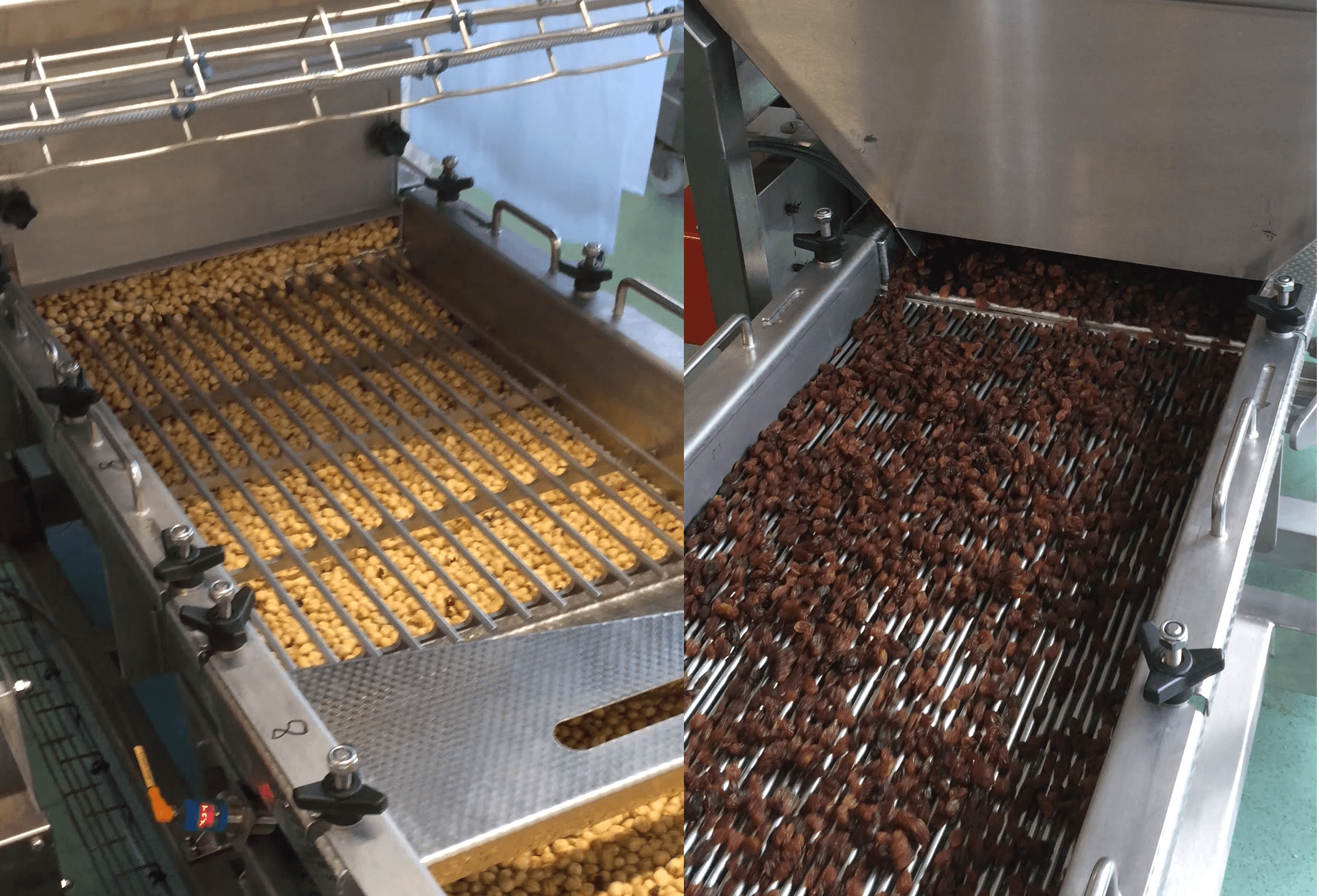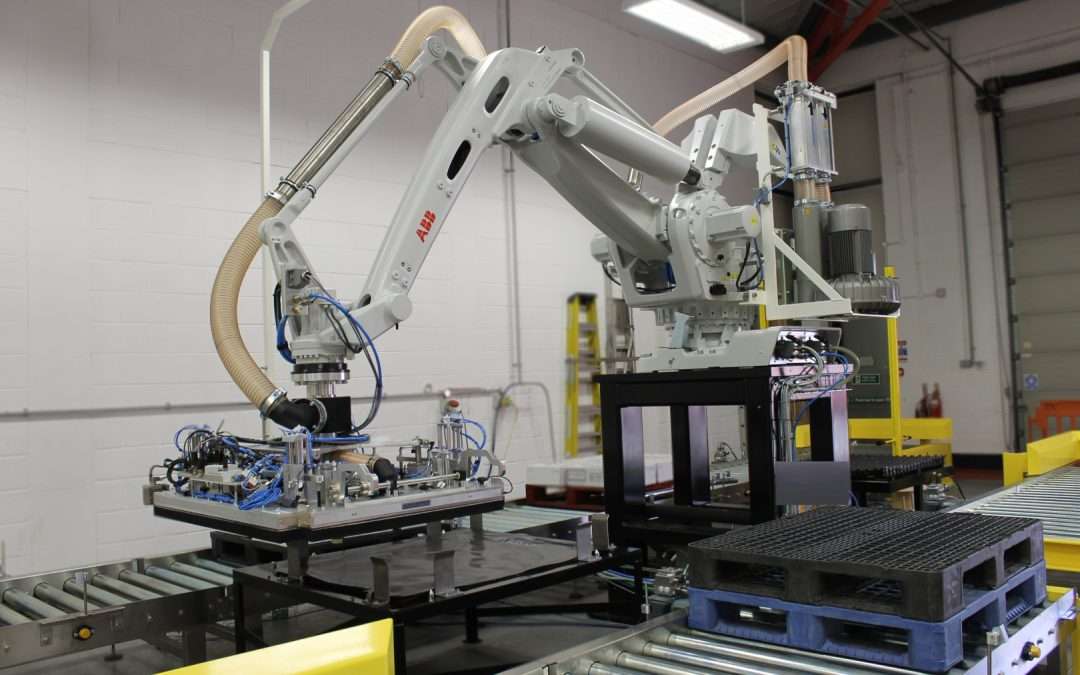Automation and robotics are now vital in the food industry for manufacturers who wish to stay ahead of the competition and ensure the future of their business by increasing productivity, maximising space and reducing wastage in their plant. Automated processes can help ensure businesses are compliant with increasingly stringent safety regulations and a more demanding consumer who wants complete visibility when it comes to how their food has been handled throughout the production process. A brand recall or any question of compromised safety or hygiene would have huge costs for a business and also damage their brand and reputation.
Brexit-proof your operations
Although the long terms effects of Brexit are still somewhat unknown, we do know that automating manual tasks, for example palletising and case-loading in your plant or food storage facility is a great way to mitigate any risks or costs to your business caused by reduction in EU labour, increased wages and production costs. Robbie Dawson, Sales and Marketing Manager at CKF Systems states “The average time for the implementation of automation is 6-12 months so now is the perfect time to ensure your business is prepared for when we reach the end of the 11 month Brexit transition period. CKF Systems are industry leaders in palletising solutions and have been supplying automated solutions to industry leaders for over 30 years, the team are perfectly placed to advise you on the areas of production, packing and palletising that would benefit from automation and the best ways to implement these.”
Increased flexibility for manufacturers
The food industry is more heavily affected by seasonal peaks and troughs in demand and supply than other sectors. Automated systems offer more flexibility to react to the seasonal fluctuations and scale up production without employing more staff. When handled manually, increased workloads can cause errors which can negatively affect wastage levels and staff safety. Robbie comments “CKF Systems have a number of large clients in the food and beverage industry so have extensive experience developing solutions that meet the unique needs of our client as well as the fluctuating demand in this sector.” By redeploying your existing manual labour to more fulfilling roles, you will increase staff retention and loyalty in your business. Automation also allows business to make better use of data to predict the future demands of retailers and prepare their operations to meet these needs.
Space maximisation
Robots and automation can make your production line more efficient by reducing clutter and providing you with a more streamlined factory layout meaning savings in your floor footprint. Robbie adds “CKF Systems are an Authorised Value Provider for ABB robotics – we are one of the first integrators in the UK to implement ABB SafeMove in a plant in the UK. This solution maximised the space for our customer as it eliminated the need for safety fencing around the robot as it ceases operation when a worker enters the exclusion zone. CKF are at the cutting edge of the latest technology so can work with you to assess which of the latest innovations can best transform your facility.”
Increased food safety and quality
When it comes to something as crucial as food safety and hygiene a visual inspection of produce is just not sufficient. “CKF integrate cutting-edge x-ray and metal detection systems – we will do a full analysis on your operations and organisation’s unique risk factors to ensure the technology installed is appropriate for the contamination risks in your plant. Where metal is a risk, we would include metal detection in the solution. For other risks such as stone, bones, plastic and other dense contaminants we recommend x-ray and would position this at the most appropriate stages of production to keep costs down.” Fully automating the process and adding controls at points throughout production means that any damaged or unsafe products can be removed swiftly from the line reducing downtime and ensuring production is as efficient as possible.
Better traceability
Changes to food safety in the UK is often driven by legislation in the US – the Food Safety Modernisation Act has been driving increased adoption of track and trace technologies to ensure full visibility throughout the food and drink supply chain. Traceability also means any food safety issues or contamination can be pinpointed so they can be remedied as quickly and effectively as possible reducing costs and ensuring any damage to the brand is kept to a minimum. CKF Systems have longstanding relationships with both food and pharmaceutical companies so have proven experience in installing automated solutions utilising the latest machine vision innovation to provide full traceability of the end product.
Ends
For more information please contact:
Jen Halliday
E-mail: jen.halliday@ckf.co.uk
Telephone: 07429429462


